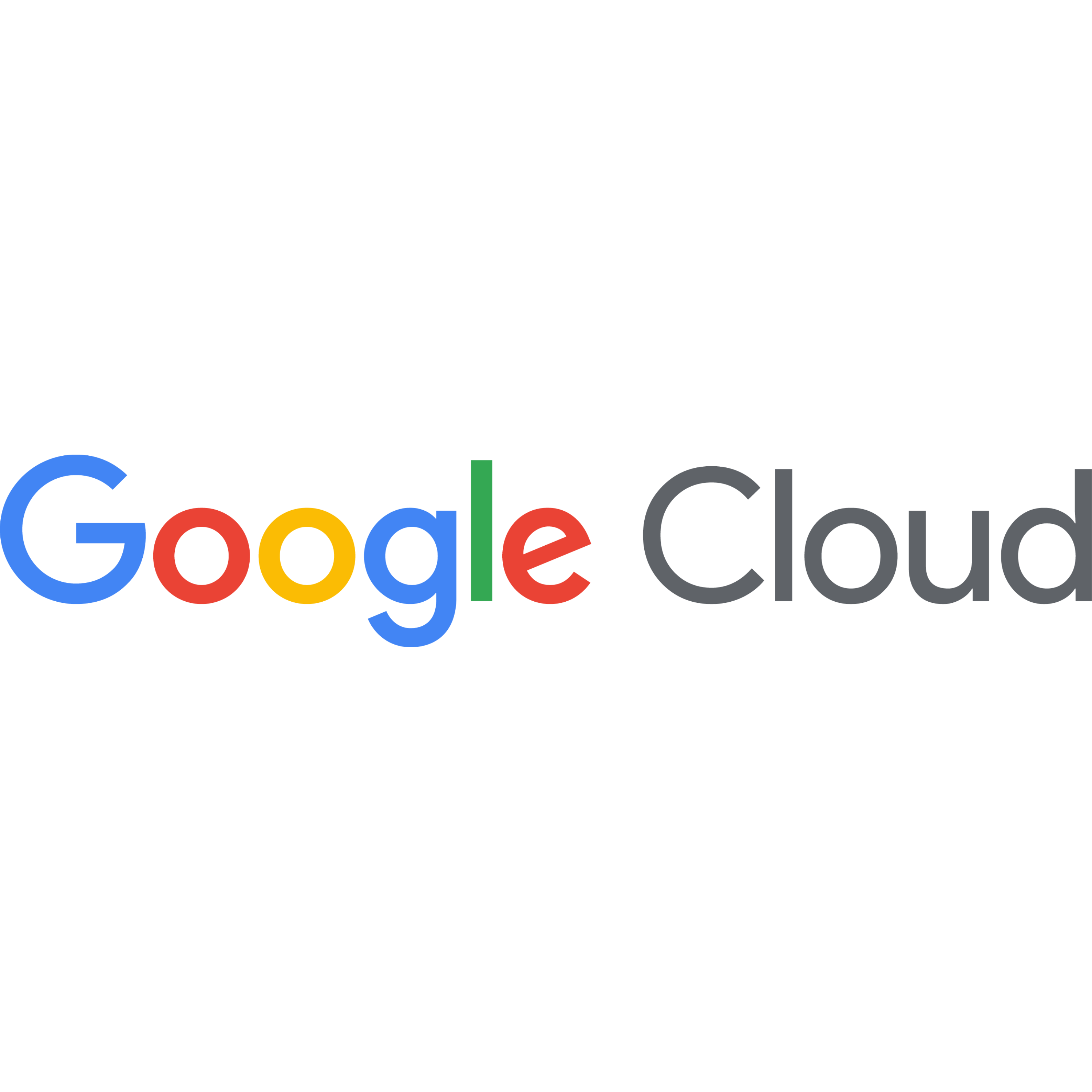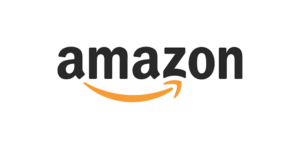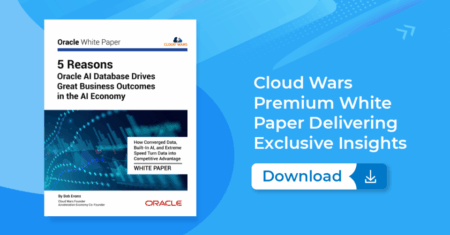
Welcome to the Cloud Wars Minute — your daily cloud news and commentary show. Each episode provides insights and perspectives around the “reimagination machine” that is the cloud.
In today’s Cloud Wars Minute, I break down the latest RPO and backlog numbers from Oracle, Microsoft, AWS, and Google.
Highlights
00:43 — Financial results are fascinating in a number of ways. Quarterly results typically say, “Here’s what happened in the past.” RPO (remaining performance obligation) and backlog numbers give us a glimpse into the future, and that’s what I wanted to talk about today, from the most recent quarterly figures for (some call it RPO, some call it backlog) for Oracle, Microsoft, AWS, and Google.
01:35 — Oracle’s RPO was up 63% to $130 billion. An enormous jump. Microsoft reported its RPO was up 34% to $315 billion. AWS’s backlog was up 20% to $189 billion. Google Cloud explained that Alphabet’s backlog involved advance contracts. It’s about $92 billion, and since it said “primarily Google Cloud,” I rounded that off to about $90 billion.
02:40 — Here are the quarterly revenue figures: Microsoft: $42.4B; AWS: $29.3B; Google Cloud: $12.3B; and Oracle: $6.2B. So you see a big discrepancy in the quarterly revenues, reflecting what happened last quarter and, historically, the way that AWS and Microsoft have built up enormous size for their cloud businesses. But the RPO shows a different future.

AI Agent & Copilot Summit is an AI-first event to define opportunities, impact, and outcomes with Microsoft Copilot and agents. Building on its 2025 success, the 2026 event takes place March 17-19 in San Diego. Get more details.
03:13 — Microsoft’s revenue for last quarter is almost seven times bigger than that of Oracle. But if we look at RPO, that comes way down. It’s about two and a half times. The gap is closing rapidly. Oracle is gaining rapidly on AWS. Google doesn’t report the growth rate for it. But AWS’s backlog is growing much more slowly than Microsoft and Oracle’s.
04:08 — This is an indication that nothing is locked in place in the Cloud Wars. Nobody owns first or second or third place. The competition is absolutely intense. It’s savage in a lot of ways. The innovation, the pace of innovation, what all these companies are doing for customers is incredible.












